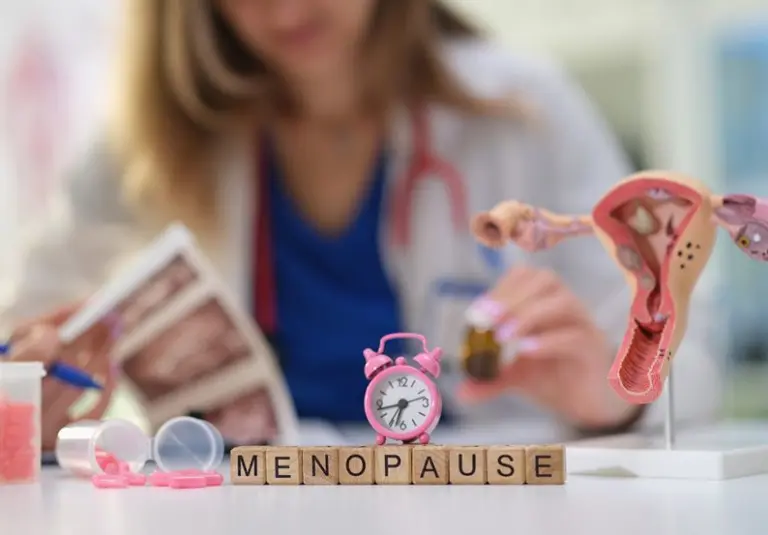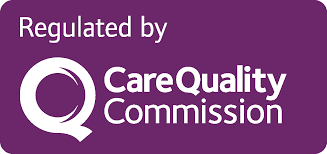
Menopause is a natural part of ageing, but it can feel as though the changes happen overnight, leaving many women feeling as if they’ve aged years in just a single night. If you’ve noticed your skin becoming drier, thinner, and more sensitive during this time, you’re not alone. These changes are directly linked to hormonal fluctuations, particularly the drop in oestrogen levels.
At Time Clinic, we understand the challenges you’re facing and are here to support you through every stage of this journey. We are excited to introduce Nurse Nicola, our new Menopause Specialist. With her extensive experience in both women’s health and skincare, she’s here to help you navigate this transition with care and understanding.
5 Signs Your Skin Is Changing During Menopause
Menopause doesn’t just affect your hormones — it also has a visible impact on your skin. As oestrogen levels decline, so does the skin’s ability to retain moisture, produce collagen, and repair itself efficiently. Here are five skin-related changes many women experience during this time:
1. Persistent Dryness and Dehydration
Oestrogen plays a key role in maintaining the skin’s natural hydration. As levels drop, oil (sebum) production slows down and the skin’s barrier weakens, leading to dryness, flakiness, and a tight or uncomfortable feeling. You may notice your regular moisturiser is no longer effective.
2. Loss of Volume, Elasticity, and Firmness
Collagen and elastin — the proteins responsible for keeping your skin firm and lifted — decrease significantly during and after menopause. This can result in looser skin, sagging along the jawline and neck, and a general “deflated” look in areas like the cheeks.
3. Deeper Fine Lines and Wrinkles
As collagen production slows and the skin becomes thinner, fine lines become more noticeable. Wrinkles may appear in new areas, such as around the mouth or on the chest, and existing lines can deepen more rapidly.
4. Increased Sensitivity and Redness
The skin barrier becomes more fragile during menopause, making it prone to inflammation and irritation. You may react to skincare products or environmental factors that never caused issues before. Common signs include redness, stinging, or itching.
5. Slower Skin Healing and Dullness
Skin cell turnover slows with age and hormonal changes. This means wounds or blemishes take longer to heal, and dead skin cells can build up on the surface — leading to a dull, uneven complexion. You may also notice age spots or pigmentation becoming more prominent.
Meet Nurse Nicola – Your Menopause Skin Specialist
Nurse Nicola specialises in supporting women through the hormonal changes that affect both skin and wellbeing. With many years of experience running menopause clinics both within the NHS and privately, she understands how personal and complex this time can be. As a member of the British Menopause Society, she offers a calm, confidential space to talk through your symptoms and concerns.
Whether you’re noticing new breakouts, loss of volume, increased redness, or simply feel like your skin no longer behaves the way it used to, Nicola can help you make sense of what’s happening and guide you to effective solutions.
How Time Clinic Can Help
At our clinic, we understand that menopausal skin requires special attention and care. We offer a comprehensive selection of treatments and support options designed to address the unique challenges that come with this phase of life. Our Skin Boosters, such as Profhilo and Polynucleotides, are specifically formulated to hydrate your skin and help rebuild its structure, giving you a more youthful and refreshed appearance.
In addition to our advanced injectables, we provide Medical-Grade Skincare products that are carefully tailored to support your skin barrier and enhance your overall comfort. We believe that addressing your skin concerns goes beyond treatments, which is why we also offer Laser Treatments that can effectively firm, smooth, and rejuvenate your skin, helping you regain your confidence.
Back to blog




